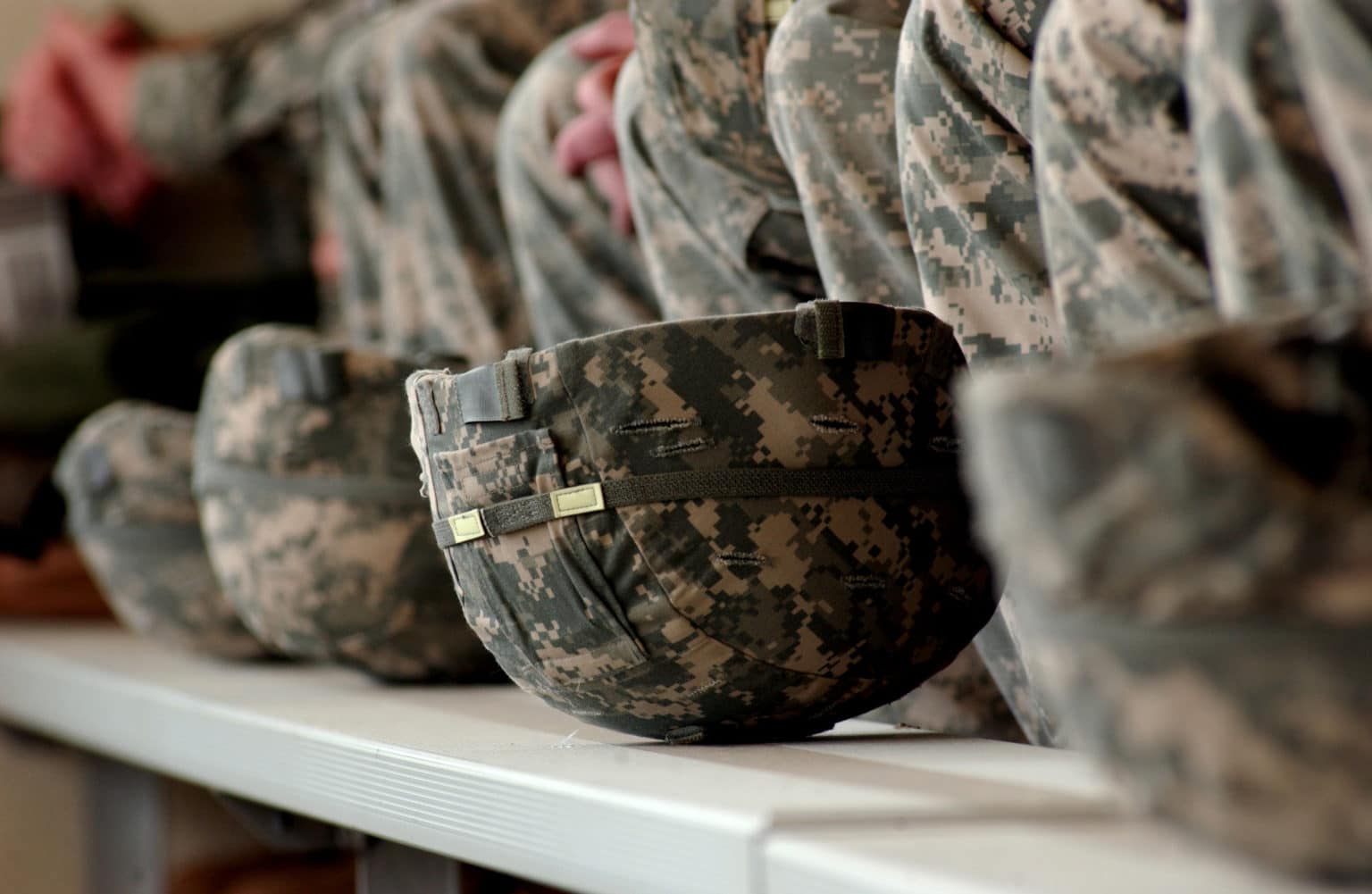On September 29, advocates spoke before Congress about the crisis of veteran suicide and the urgent need for accessible, affordable MDMA- and psilocybin-assisted treatment.
“The unfortunate reality of the mental health crisis highlights the limitations of effective pharmacologic treatments and therapies in our toolbox,” retired Marine Corps Lieutenant General Martin R. Steele stated to the House Veterans Affairs Committee. “Psychedelic-assisted therapies offer relief and healing for veterans suffering.”
Steele spoke on behalf of the Veteran Mental Health Leadership Coalition as well as Reason for Hope, the psychedelics advocacy group behind Connecticut House Bill 5396. The bill, which took effect in July, authorized the nation’s first pilot program to offer MDMA- and psilocybin-assisted treatment for behavioral health conditions.
In addition to veterans, the pilot will include frontline health care workers, retired first responders (which include police) and members of historically underserved communities. The program will be state-funded, but the amount won’t be finalized until June 2023, when lawmakers create the state budget for the upcoming fiscal year.
“The pilot program is essentially a state-administered grant,” Jesse MacLachlan, former Connecticut Representative and current Reason For Hope state policy and advocacy coordinator, told Filter. “To offset patient costs for those seeking MDMA- and psilocybin-assisted therapy.”
Providers must be approved by the Food and Drug Administration’s expanded access program. Expanded access allows people with serious illnesses to access experimental treatments if no approved options are viable.
“It is morally unacceptable that veterans who exhausted available options here at home should be forced to seek out this form of treatment in other countries.”
In May, the Biden Administration discussed an anticipated FDA approval of MDMA-assisted treatment for post-traumatic stress disorder (PTSD) and psilocybin-assisted treatment for depression within the next two years. While the Connecticut pilot program doesn’t specify what behavioral illnesses will be treated, MacLachlan said those are two likely combinations.
“Without FDA approval, medical providers aren’t going to be risking their licenses to treat patients with psychedelic-assisted therapy,” he said. “That’s only going to force more underground use. Unfortunately, expanded access is cost prohibitive, and traditionally not covered by insurance—which is why we took the measures to get the state involved.”
MacLachlan estimated that were it not for the state funding the program, comprehensive psychedelic treatment could easily cost each patient upwards of $10,000 out of pocket. In addition to lowering the cost barrier of such treatment, he emphasized the need for alternative modalities like group therapy, allowing people to trip together in community. He noted that veterans have benefited from ayahuasca ceremonies, but have had to travel abroad to do so.
“It is morally unacceptable that veterans who exhausted available options here at home should be forced to seek out this form of treatment in other countries,” Steele continued in his statement to Congress.
“We have no reason to believe the DEA will obstruct.”
If and when the substances receive FDA approval, the pilot program would conclude, leaving behind a regulatory framework for when the Drug Enforcement Administration moves them to a less restrictive Schedule as it would be required to do.
The Multidisciplinary Association for Psychedelic Studies, which already has expanded access authorization for MDMA-assisted PTSD treatment, is also involved in the state’s efforts to open psilocybin treatment centers.
MAPS Director of Policy and Advocacy Ismail Ali told Filter he expects that FDA approval will arrive on that timeline.
“We have no reason to believe the DEA will obstruct.”
Photograph by the United States Army via Flickr/Creative Commons 2.0





Show Comments